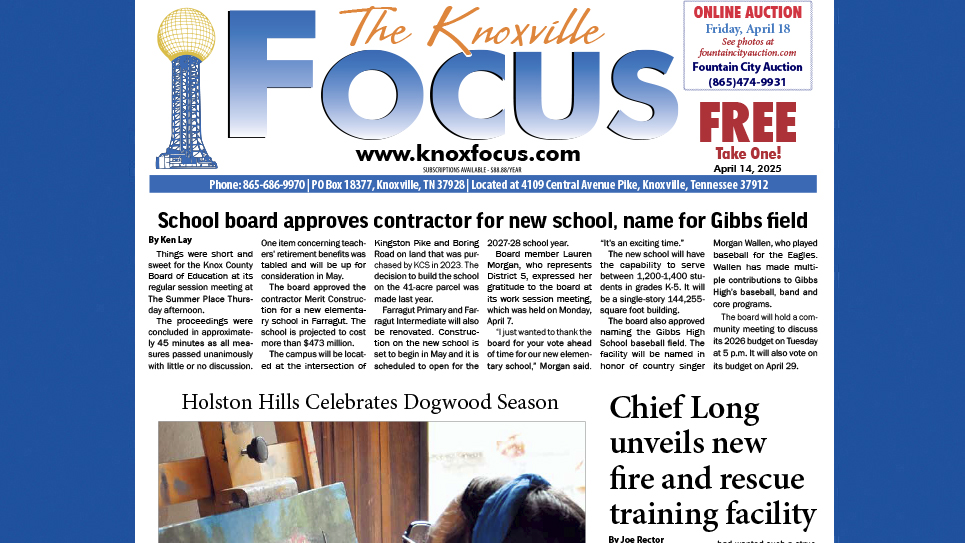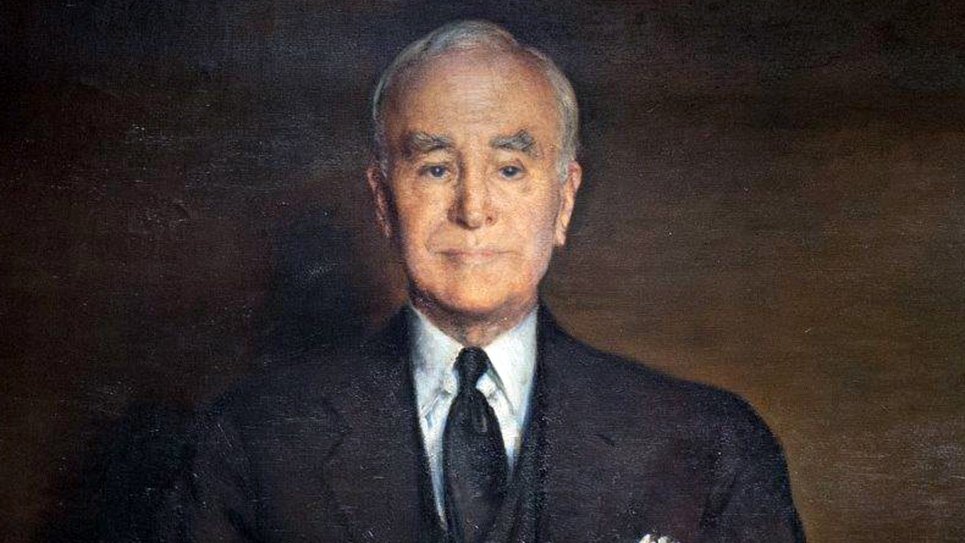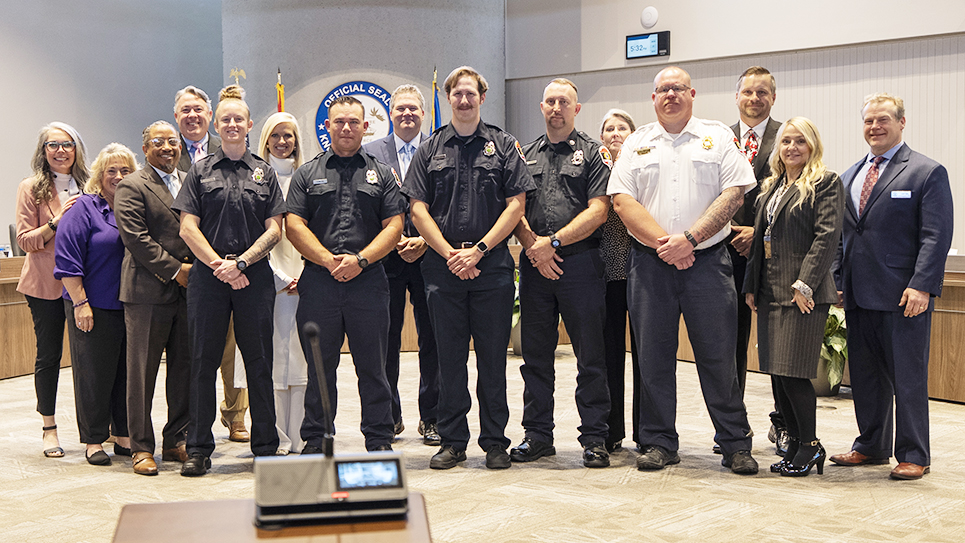Mr. Chairman: Robert L. Doughton of North Carolina
By Ray Hill
Robert Lee Doughton was born while America’s bloody Civil War still raged. His name can best be explained by the fact his father, Jonathan, was a captain in the Confederate army and named his son after the famous Southern general. Known for his somewhat rugged exterior, Robert L. Doughton was a farmer, albeit a mighty successful one, owning 5,000 acres in his native Allegany County. Doughton was also a banker, being the largest shareholder in the Deposit & Savings Bank in Wilkesboro, which later merged with several other local banks. Doughton was a director of the merged banks and served as the chairman of the board for a time. Eventually, the banks became part of the vast Northwestern Bank, one of the largest banking houses in the country. Yet Bob Doughton often said he had never “let banking interfere with business.”
Doughton was not attracted to politics. “I did everything I knew how to keep out of politics,” Doughton once told a friend. “I fought going into politics – – – wanted to be a farmer. As a matter of fact, I went into my first office protesting.” Doughton noted he had been nominated by fellow Democrats to run for the North Carolina State Senate in 1908. “They nominated at conventions in those days,” Doughton remembered. “I wasn’t even at the meeting and when they told me I’d been nominated to run, I refused. I protested but my friends insisted and I ran against my will.” Never once did Robert L. Doughton ever lose an election in more than half a century.
Nor was Doughton afraid of a fight. J. S. “Ceph” Blalock, a Republican leader from Stanly County, was peeved due to the small allotment he had received for his cotton crop and met Doughton on a street in Albemarle. Blalock was angry and began cursing the congressman and bellowed, “You ought to be kicked.” “Why don’t you do it then?” Doughton shot back. Blalock swung at the congressman. Doughton “rained such a torrent of blows that Ceph Blalock struggled” to get loose. Blalock turned and ran down the street with Doughton in hot pursuit yelling, “Come back and let’s finish this thing.”
Six feet, two inches tall, balding, and weighing a good 215 pounds at his peak, Robert L. Doughton was a political institution inside his own congressional district. The congressman wore a size eight hat and a size 15 shoe. As might be expected of a farmer, his hands were roughened from farm work. TIME magazine referred to the North Carolina congressman as “leathery.”
First elected to Congress in 1910, Doughton had faced an unusual opponent, 37-year-old incumbent Charles H. Cowles, a Republican. Bob Doughton won that contest and remained in the House of Representatives until his retirement in 1952. Following the election of 1932, Doughton assumed one of the prime positions of power in Congress, chairman of the powerful Ways & Means Committee. Doughton’s tenure as chairman of Ways & Means extended through his retirement except for the two years the Republicans had control of the House.
Bob Doughton served with seven presidents, including one who served over three full terms during his time in the House of Representatives. When the House seemed poised to pass a national sales tax, “Muley” Doughton erupted. “It is contrary to or sins against every sound principle of taxation.”
“It is a tax on consumption, on what we spend for the necessities of life,” Doughton complained to his colleagues, “It is a tax imposed without any regard or consideration whatever for the principle of ability to pay.”
During his long reign as chairman of the House Ways & Means Committee, Congressman Doughton scoffed at the notion he was somehow an expert in “the science of taxation.” Doughton retorted he simply possessed good “horse sense” as well as a keen appreciation for what was fair and equitable.
While Robert L. Doughton was chairman of the House Ways & Means Committee, nobody could doubt it was a hardworking body. During the height of the New Deal, TIME magazine wrote Chairman Doughton was making committee members keep their “ears to the grindstone.” Doughton wanted everyone paying attention so that no one could argue he had been denied a hearing before the committee charged with writing all tax laws.
During the Second World War, when the United States was raising and spending vast sums of money to finance a global conflict, Congressman Doughton roared it was time income taxes became far less complicated. Doughton was horrified he had to hire a “tax expert” to do his own taxes.
Although essentially conservative by nature, Robert L. Doughton supported most legislative initiatives of Franklin Roosevelt’s New Deal. Doughton was an integral part of many of the bills passing through his committee, including Social Security. As he was retiring from Congress, Bob Doughton wrote President Harry Truman, “I take more pride in my successful efforts on Social Security legislation than any other legislation that I have ever been responsible for or supported.”
By the time Doughton became chairman of the House Ways & Means Committee, he was 69 years old, a time when most men retire. Doughton turned 70 that same year and remained in Congress for another 20 years. William “Fishbait” Miller, the longtime doorkeeper of the House, recalled in his memoirs that Doughton attributed his longevity to eating a raw sweet potato daily. Doughton had a reputation amongst his colleagues for being stubborn, earning the affectionate nickname of “Muley” from other House members. Back home in North Carolina, his constituents liked the fact he was a farmer. Doughton raised crops as well as cattle on his 5,000 acres. “Farmer Bob” was the first farmer ever to chair the House Ways & Means Committee. To younger colleagues in Congress and in North Carolina, the congressman was known as “Mr. Bob.”
Doughton’s determination and stubbornness, which earned him the designation of “Muley,” a nickname he loathed, was well deserved. When Bob Doughton was against a proposal, he was “dead set against it.” Once his mind was made up, nothing or nobody could change it.
And Bob Doughton really was a farmer. When Washington, D.C., frayed his nerves, he retreated to his farm to spend days doing chores, which seemed to provide him with renewed energy.
“Muley” Doughton was tight with a buck, although the New Deal spent billions of dollars, which was unprecedented at the time. When the secretary of the treasury asked for an additional $10 billion in taxes, Doughton archly replied, “You can shear a sheep every year but you can only skin him once.” “Muley” Doughton once explained his philosophy of taxation in terms anyone could easily understand. “Get the most feathers you can with the fewest squawks from the goose,” the North Carolina congressman said.
In keeping with his routine on his farm, Bob Doughton got up very early and oftentimes appeared at his office on Capitol Hill at 6:00 a.m. One colleague joked Doughton ought to bring a lantern to work with him, causing Doughton to snap, “I have to get up in the morning to get my work done.”
One story told about Robert L. Doughton involved the “mechanical horse” that had been enjoyed by then-Vice President Calvin Coolidge. Veteran congressmen enjoyed finding Doughton, at 5:00 a.m. alone in the House gymnasium astride Coolidge’s horse giggling “like a kid on a merry-go-round.” “I was only trying to see what kept Cal on it,” Doughton explained.
Nor was Doughton interested in higher office. Twice friends and supporters urged him to run for governor in 1936 and the United States Senate in 1938. President Roosevelt, knowing there were those who suspected he preferred someone more pliant and less conservative to chair the Ways & Means Committee, shrewdly publicly asked Doughton to remain at his post in the House of Representatives, saying the North Carolinian was needed there.
Doughton prided himself on not being an “extremist.” The congressman believed in moderation, saying he “ate enough but not too much; slept enough but not too much; and didn’t drink or smoke but did not chide or condemn others for doing so.”
Bob Doughton never attended college, nor did he ever pretend to be brilliant in any respect, but he was readily acknowledged by those who knew him to have a sound head for business.
Robert L. Doughton had announced he would retire from Congress several times, but his constituents loudly demanded he continue in office. Doughton’s retirement announcement was a regular thing throughout the last several years of his time in Congress. Whenever Doughton contemplated retirement, Presidents Roosevelt or Truman would plead for him to run again. When Doughton made the announcement once again in 1952, he met the same cries with a new firmness of purpose. He was not changing his mind, Doughton said, explaining his doctors had advised him it was time for him to quit. The congressman said he was not “a sick man’ by any means. Retirement didn’t suit the 89-year-old former congressman, who told a reporter visiting his farm tartly, “This doing nothing is the hardest work I’ve ever done.”
Following his retirement from the House, the former congressman suffered a bout of pneumonia, which kept him in the hospital for several weeks. A deeply religious man who contributed generously to the Laurel Springs Baptist Church where he was a member, Bob Doughton looked forward every evening to his daughter Reba reading aloud a chapter of the Bible.
At the time he retired from the House of Representatives, Doughton was the Democratic National Committeeman for North Carolina. Doughton resigned that post, but the former congressman remained interested in politics. One of Doughton’s last public appearances had been when the former congressman attended the dedication of the Robert L. Doughton Park. Heavily bundled in a thick overcoat, Doughton sat in the back seat of a car along the Blue Ridge Parkway as the cold autumn winds blew. Doughton’s car was parked near the speaker’s platform and Democrats and Republicans had come together to honor the former congressman. The platform had been deliberately built to give onlookers a magnificent view of the autumn leaves, which were then at the peak of their colors. The backdrop of the varying shades of orange, red, yellow and gold provided a spectacular panorama for the audience. “There’s nothing like it in the world,” a grateful Doughton told the audience, his eyes welling with tears.
The former congressman got out of the car, his coat pummeled by the wind as he waved to the gathered crowd and spoke a few words of thanks and gratitude. Congressman Doughton had been the sponsor of the bill creating the Blue Ridge Parkway.
Doughton was scheduled to appear at two rallies for his successor in Congress, Hugh Q. Alexander, when he failed to come downstairs for breakfast on the morning of October 1, 1954. Doughton’s son Claude went to his father’s bedroom where he discovered the old warrior had slipped away during the night, the victim of a heart attack as he slept. Had he lived one more month, Robert L. Doughton would have celebrated his 91st birthday.
North Carolina Governor William Umstead, a former congressman and United States senator, hailed Doughton’s record, saying Doughton “probably sponsored and influenced more good legislation and helped to kill more bad legislation than any other man in the history of this nation.” The governor remembered Doughton as “rugged and he was kind.” Umstead praised Doughton’s “unsurpassed loyalty” to his friends, state and nation. The governor then offered perhaps the most profound compliment of all: “He lived simply but greatly.”
The Raleigh News & Observer published an editorial lauding the late congressman, noting, “It was almost as if a mountain had been removed from the landscape of North Carolina when Farmer Bob Doughton died in Laurel Springs.” The editorial admitted, “The big old man had grown tired at the last of his 90 years, but his stature was a symbol of his meaning as a citizen and statesman.” © 2024 Ray Hill






